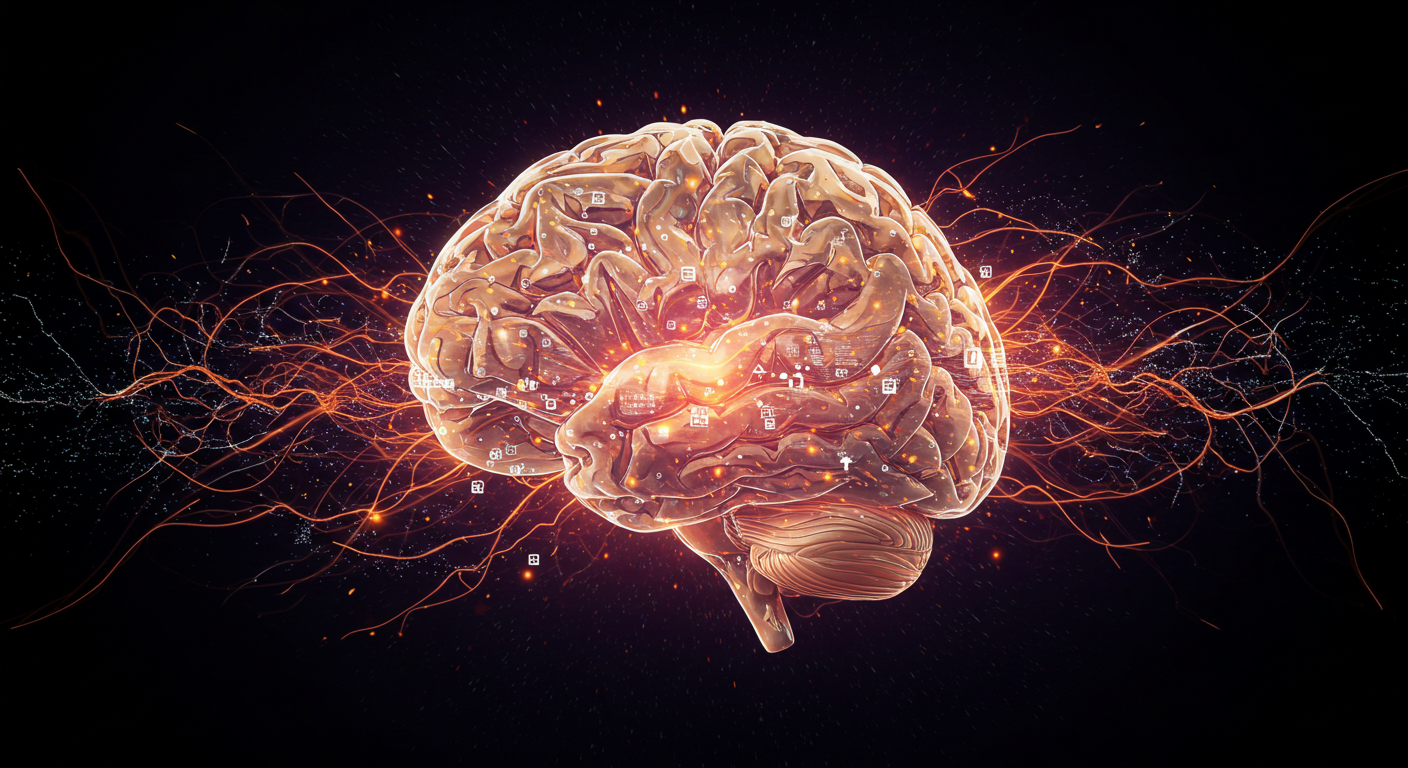The question of whether a person who replaces body parts with cloned tissues or organs is still considered human touches on complex issues of identity, ethics, and the very definition of humanity. As advancements in cloning and biotechnology continue, the boundaries of what it means to be human are increasingly blurred. In this article, we will explore the philosophical, ethical, and biological aspects of this question, and consider the implications of cloning on human identity.
- What Does It Mean to Be Human?
- The Science of Cloning and Organ Replacement
- Philosophical Perspectives on Identity and Humanity
- Ethical Implications of Cloning for Body Parts
- Can a Person Who Replaces Body Parts with Clones Still Be Considered Human?
- Conclusion: The Future of Humanity in the Age of Cloning
What Does It Mean to Be Human?
At its core, the question asks us to define what it means to be human. Is it our physical form, our consciousness, or something else entirely? Many definitions of humanity focus on both our biological and psychological characteristics, such as our ability to reason, experience emotions, and create complex societies. However, as technology advances, the definition of what constitutes human identity is becoming more fluid and complex.
Traditionally, being human has been associated with having a human body and mind, but what happens when parts of the body are replaced by cloned tissue or artificial organs? Does this affect the core of what makes us human, or is humanity more about consciousness and self-awareness than our physical form?
The Science of Cloning and Organ Replacement
Cloning, especially for medical purposes such as organ replacement, is an area of intense research. While therapeutic cloning—creating clones of specific tissues or organs to replace damaged or diseased ones—has shown promise, it also raises significant ethical concerns. The possibility of creating and using cloned organs from one’s own cells could potentially extend life and improve health, but it also invites questions about personal identity and the authenticity of the self.
When a person replaces a part of their body, such as an organ or limb, with a cloned version, they may retain their physical appearance and identity. But does replacing multiple parts or even entire organs over time alter their humanity? This question touches on both the biological and philosophical aspects of self and identity, challenging our understanding of what it means to be truly human.
Philosophical Perspectives on Identity and Humanity
Philosophers have long debated the nature of personal identity, especially in the context of technological advances. Some argue that our identity is tied to our physical body, while others believe that it is our consciousness and experiences that define us. The idea of ‘mind-body dualism,’ proposed by philosopher René Descartes, suggests that the mind and body are separate entities, which could mean that replacing the body with clones wouldn’t affect the essence of a person’s identity.
On the other hand, some argue that a continuous and evolving body is essential to our sense of self. If a person replaces too many parts, even with cloned tissues, their physical identity may be altered beyond recognition, leading to the question: How much of our physical body can be replaced before we are no longer considered the same person?
Ethical Implications of Cloning for Body Parts
From an ethical standpoint, replacing body parts with cloned tissues or organs raises several concerns. One issue is the concept of ‘identity continuity’—the idea that a person must remain fundamentally the same over time, even as their body changes. If a person’s body is gradually replaced with cloned parts, it may be difficult to determine whether they remain the same individual or if their identity has shifted. This is particularly relevant in the case of advanced cloning technology, where even the mind or consciousness could potentially be altered over time.
Additionally, the ethical implications of cloning extend beyond identity and individuality. Issues such as consent, the potential for exploitation, and the moral status of clones need to be considered. If cloning becomes commonplace, questions arise about whether it is ethical to create clones for organ harvesting or to extend one’s life indefinitely.
Can a Person Who Replaces Body Parts with Clones Still Be Considered Human?
The answer to this question depends largely on how we define what it means to be human. If we define humanity by our biological essence, then replacing body parts with clones could be seen as a departure from our original physical form. However, if we define humanity by our consciousness, memories, and experiences, it could be argued that replacing body parts does not change the core of who we are.
Ultimately, the question of whether a person who replaces body parts with clones is still considered human challenges our understanding of identity, biology, and ethics. As technology continues to evolve, these questions will become even more pressing, and society will need to grapple with the implications of these advancements on our sense of self and what it means to be truly human.
Conclusion: The Future of Humanity in the Age of Cloning
The advancement of cloning and biotechnology offers both exciting possibilities and complex ethical dilemmas. Whether replacing body parts with clones changes what it means to be human is a question that may never have a clear answer. It depends on how we choose to define humanity—whether it lies in our physical form, our consciousness, or something else entirely. As cloning technology evolves, the boundaries of what it means to be human will continue to be tested, leading to important philosophical and ethical discussions about the future of humanity.



コメント